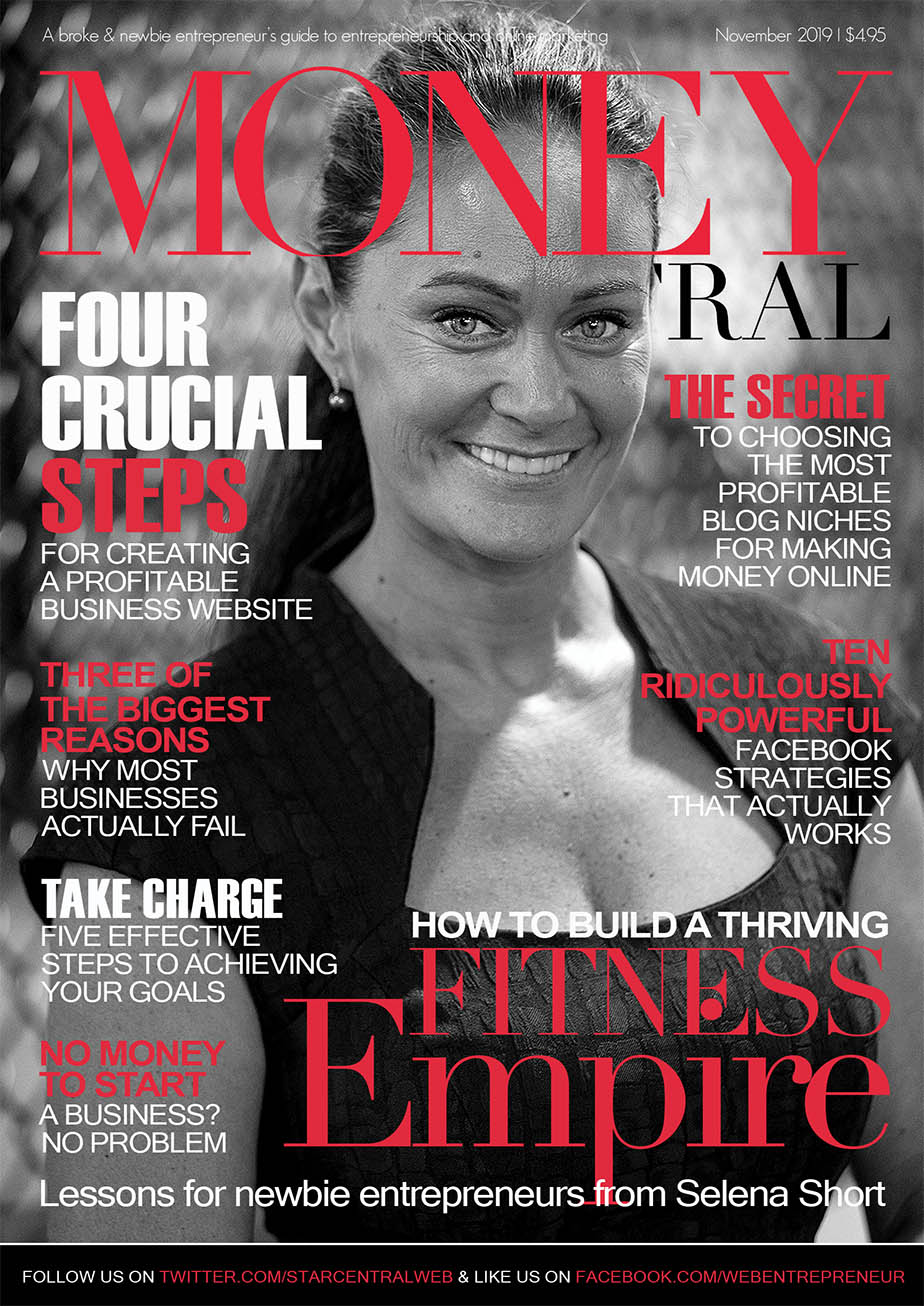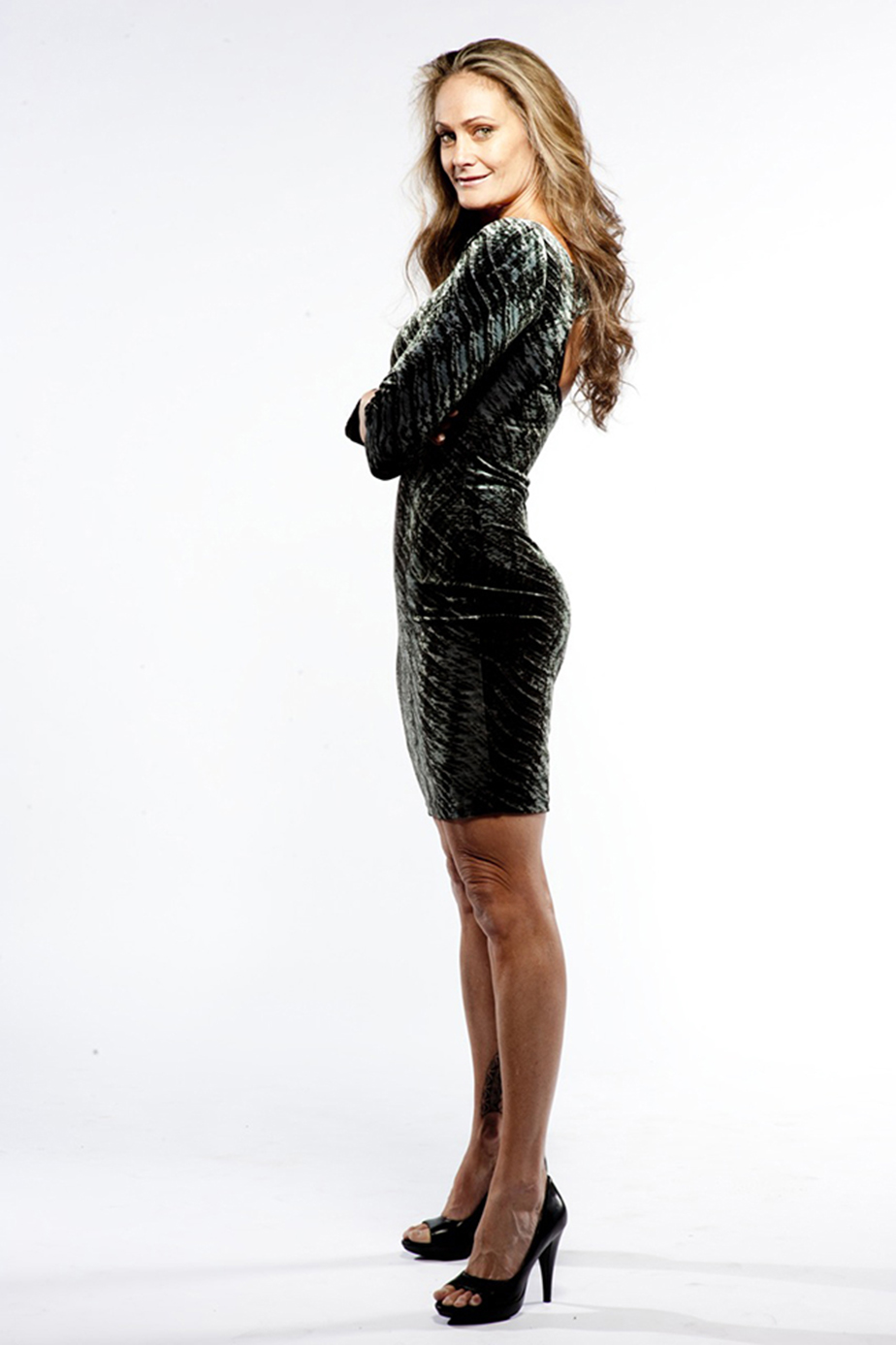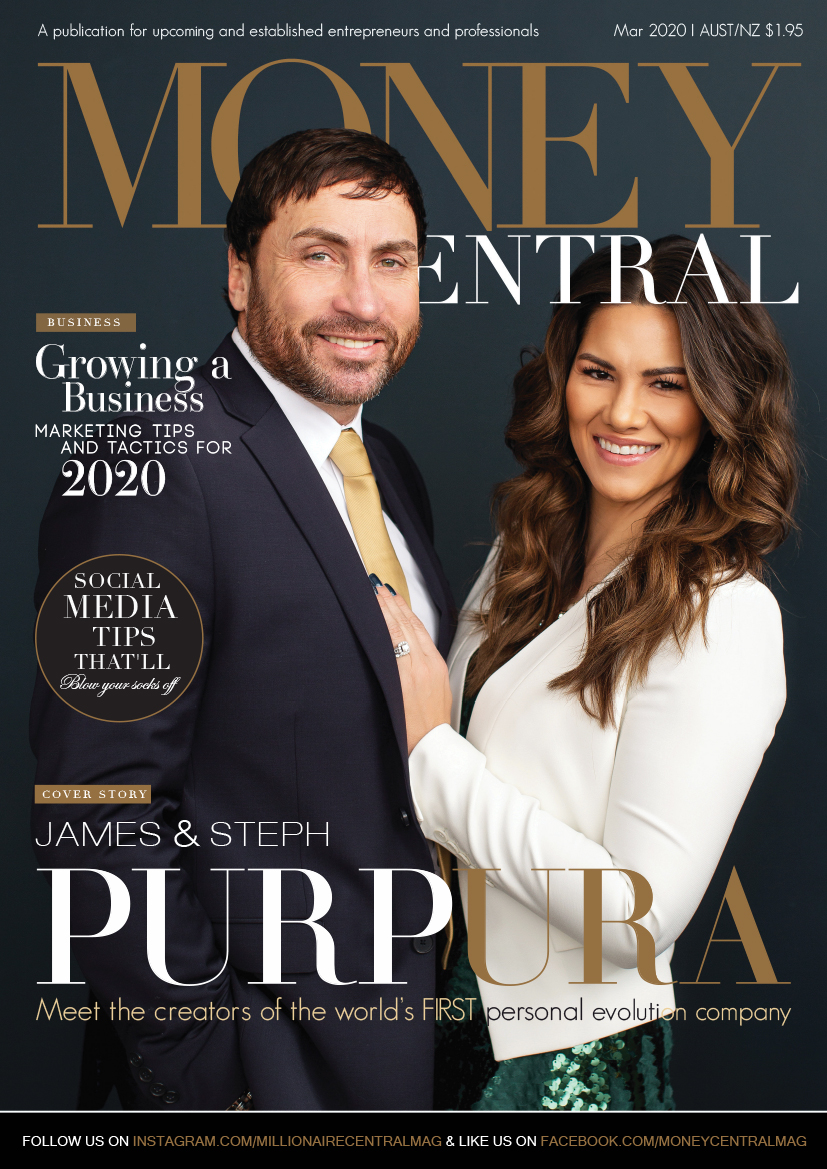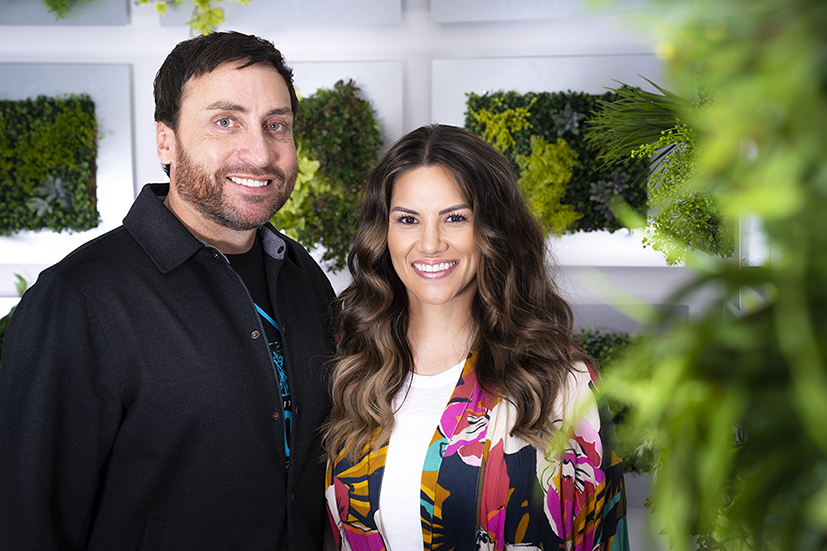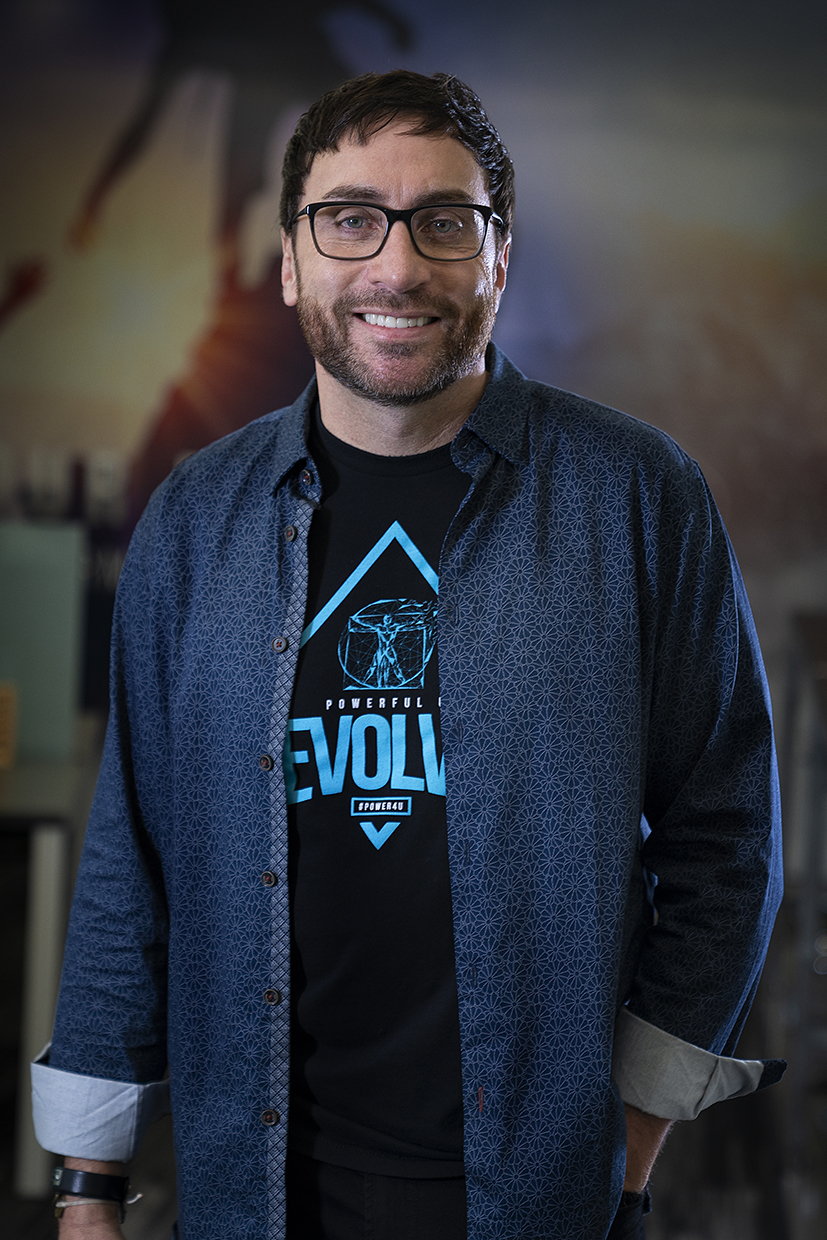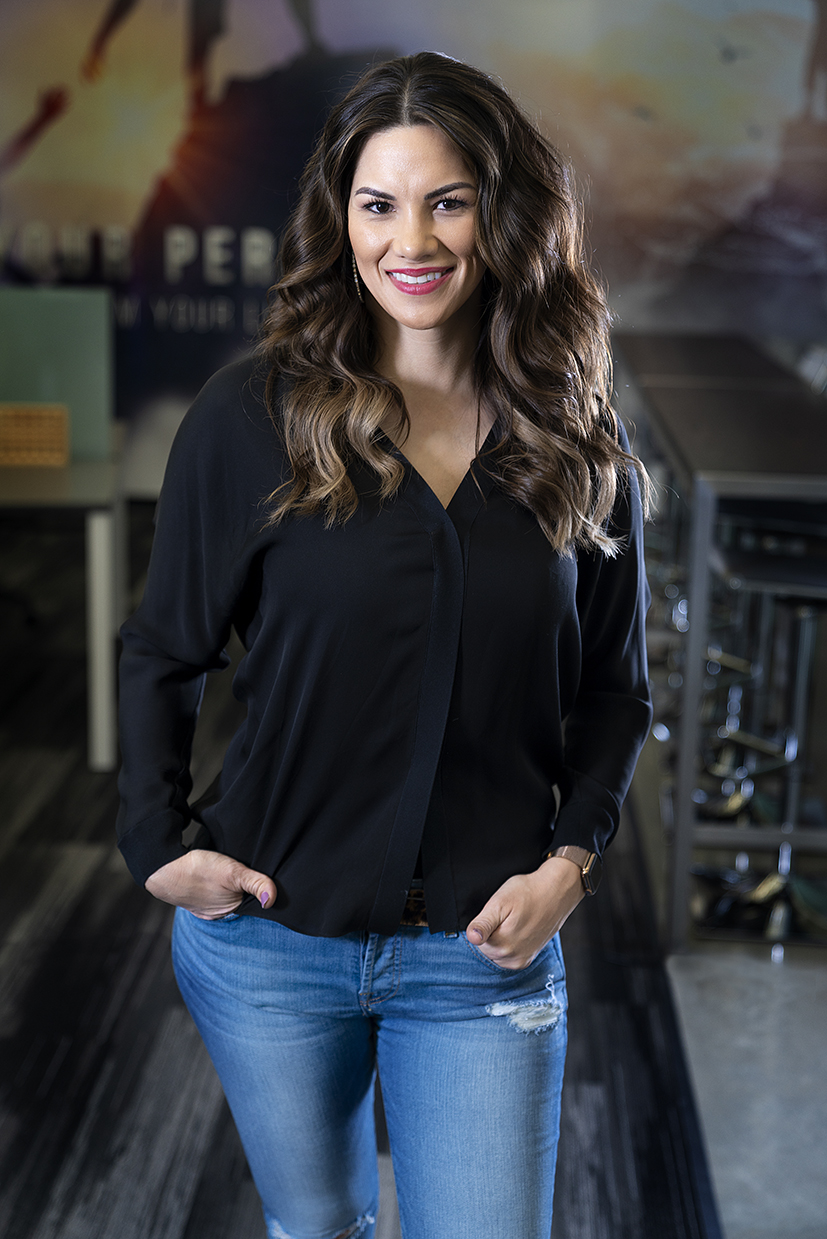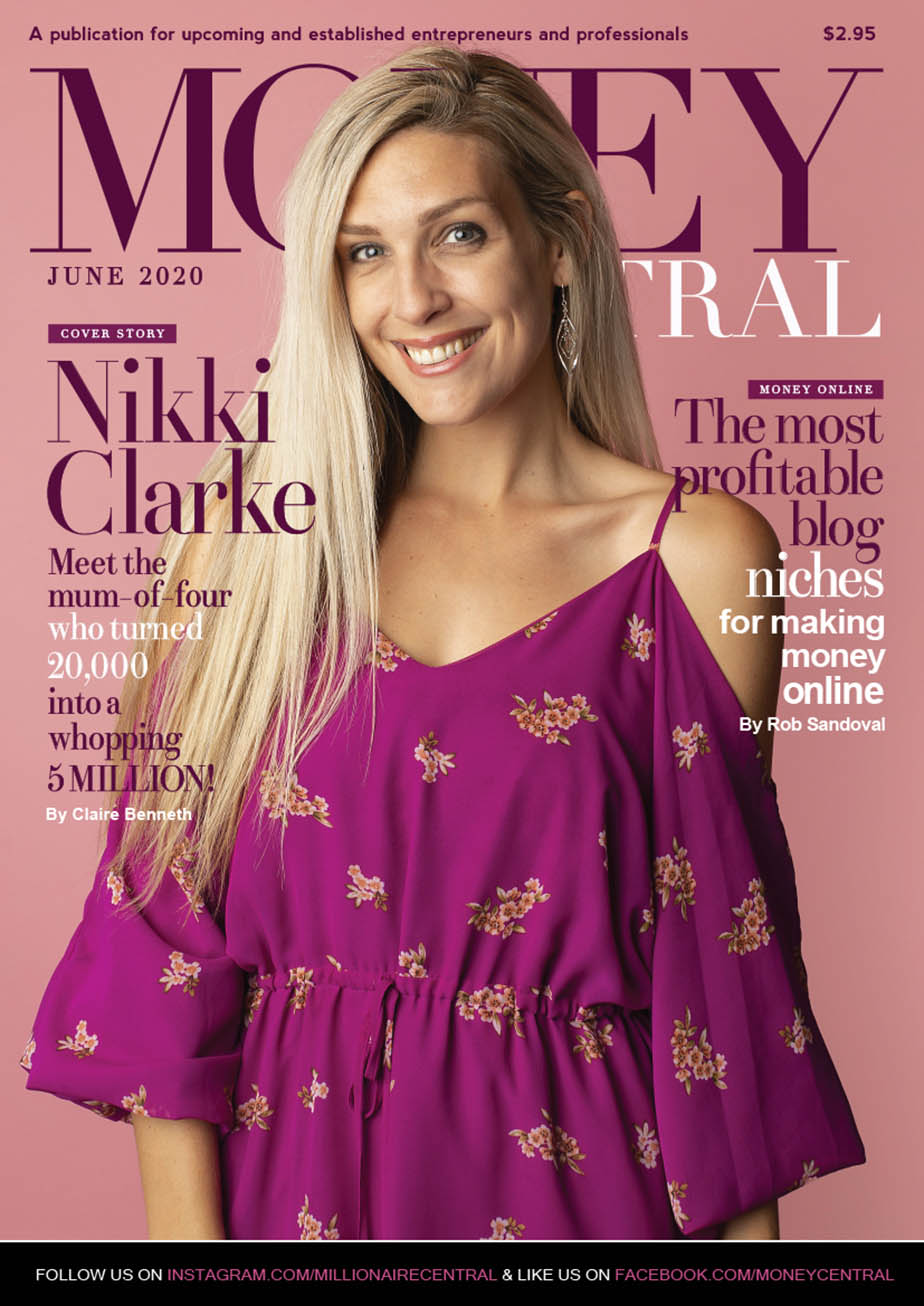
Starting a business with newborn or small children is not an easy feat, especially when you have to look after four of them. All Nikki Clarke initially wanted to do was make a bit of extra money on the side to feel comfortable financially. She didn’t actually start out to revolutionize the way mums looked and felt about themselves. She started Cadenshae with a $20k order of bras. She financed the entire project herself, as it was important for her not to rely on investors so she could still keep full control of the business. At the time, she had an 11-month-old baby and another one on the way, so it was certainly a risk, but one she knew would pay off as she’d stumbled across a niche market that was not being catered to properly at all. In less than five years she had 2 more kids, yet in the process, she somehow managed to grow Cadenshae into a multi-million dollar global empire.
MoneyCentral Magazine recently caught up with Nikki to discuss her journey to entrepreneurship and here’s what went down:
Could you please tell our readers a brief background about yourself and how you started your business?
I was born and bred in Northland, New Zealand and I have one older sister – Jacqui. My parents are Steve and Sharon and they rock! I’ve always loved exercising and have felt passionate about it from an early age. Growing up I would work out with my Dad in the garage (he was a Policeman) and I always knew exercise would be an integral part of my life.
After school I took on a bunch of different roles, I was a medic in the NZ Army, a beautician, and a personal trainer, to name a few. All of the jobs I took on allowed me to help others in one way or another. Helping others has always been extremely important to me, it’s just part of who I am, and I am so proud of that.
As to how the business came about, as aforementioned – before I became a mother, I was a personal trainer, and so once I had recovered post-birth, I decided to head back to the gym to catch up with clients, show Caden off, and do a bit of a work-out. As I was working out, Caden got fussy, so I went to feed her and this is when my ‘ah-ha’ moment came about! I battled my sports bra, trying to pull it up over my breasts to feed. I was left infuriated. “This is impossible! There’s got to be a better way!” I thought. So, as soon as I got home, I went online to look for some quality nursing sports bras. There was nothing.
“Why has no one thought of this? How can mothers be expected to keep active and breastfeed when there’s nothing practical out there to do it in!”
I decided there and then if no one else would make the gear mums needed, then I’d give it a go! I had absolutely no experience in fashion design, but I knew what was needed, so I began drawing.
Fast forward to 19 months later, and Adam (my partner in life and business) and I have just welcomed our second baby girl, Ryan into the world! Four days later, $20k of nursing sports bras arrive from China, and are emptied onto our front lawn…here we go!
This year we’re set to turn-over close to $6 million (despite Covid-19). Cadenshae (named after our firstborn Caden, her middle name is Shae) now employs 16 staff and is recognized as the leading activewear brand for pregnant and nursing mothers, worldwide. Australia, New Zealand, the UK, the USA, and Canada are our target markets.
Also – we now have four children and one on the way! Caden – 6, Ryan – 4, Kace – 3, Jackson – almost 2 and another wee girl coming soon!

Can you describe your journey to success? When did you start? Did you ever imagine you would become this successful?
As mentioned, the journey started six years ago when I first had Caden and I couldn’t find any suitable nursing sports bras. When I started, I didn’t think it would become this huge, no. I knew it would be somewhat successful as there was a gap in the market and from the chats I’d been having with other mothers, it was clear they would purchase activewear products for pregnancy and postpartum if it was nice! I thought I’d go alright in New Zealand, but the global success has been a very amazing and a pleasant surprise.
What is your main source of income?
Profits from sales.
What are you currently doing to maintain/grow your business?
It’s a funny old time with Covid-19 in the mix. Before the pandemic, we were on a serious upward trajectory and had plans for global domination! We still do have these goals, but we’ve had to change our focus a bit recently. Unfortunately, many businesses have been hit hard with people unable to shop as freely as they previously had due to job losses, etc. We have also been hit by this pandemic, but we’re not crippled, so we’re now focusing on building ourselves back to where we were, and when this all dies down – we’ll go back to focusing on taking over the world!
In short though, to grow our business we have to keep creating new and exciting products, so we’re focusing on our product carousel right now as well as trying to keep as many things as ‘in-house’ as possible. We have an amazing social media team, from the ‘faces’ on the camera, to the camera people, graphic designers, etc. Having this all done in-house means not only is it cheaper to do, but it’s faster…we can constantly roll out new content…and social media is such a massive beast which constantly needs feeding. And if you feed it right, you definitely see your return on investment.
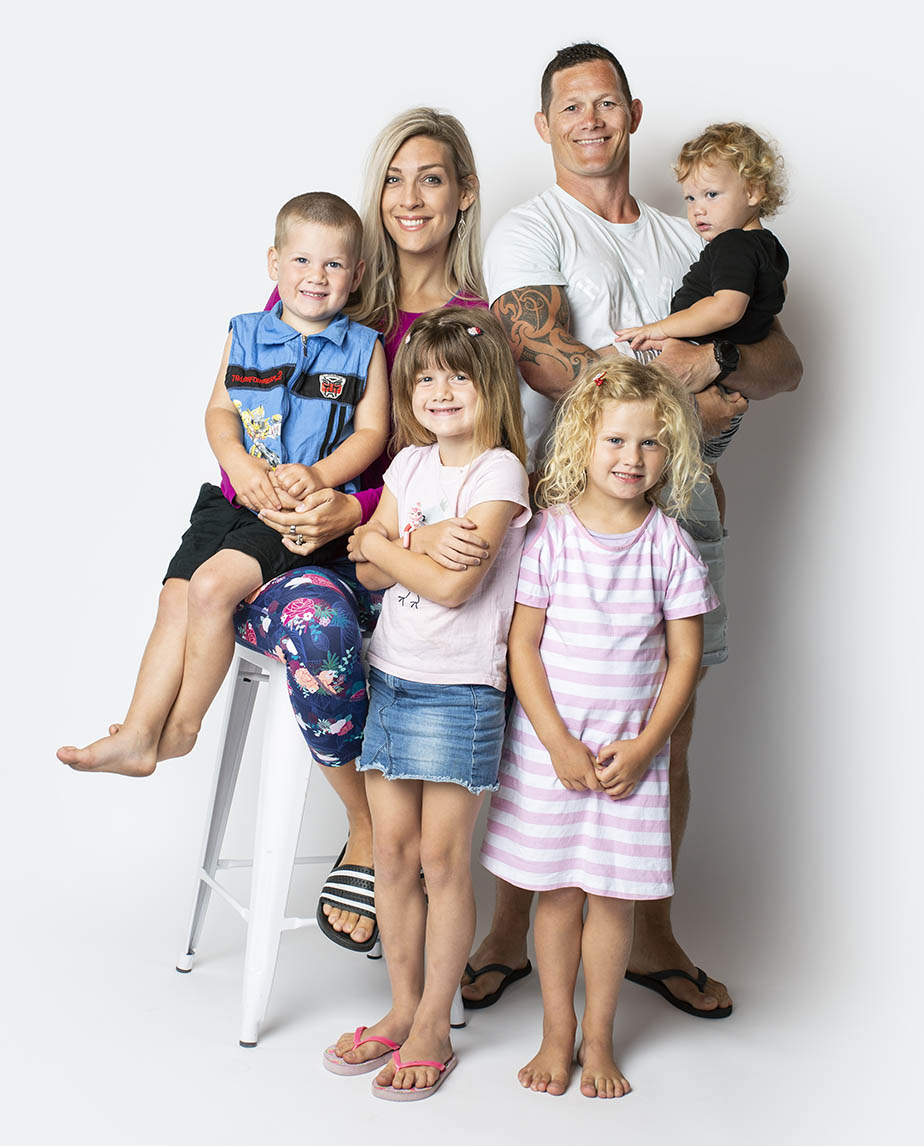
What social media platforms do you usually use to increase your brand’s awareness?
Mainly Facebook and Instagram. We do stories every day, giveaways, posts, etc. We use Facebook a lot to interact with our customers, but we also have a presence on Twitter, TikTok, and YouTube…you’ve got to be on everything these days to get in front of the ‘aspirational consumers.’
What is your experience with paid advertising, like PPC or sponsored content campaigns? Does it work?
It’s always good to diversify your channels and advertise in different areas. Paid advertising has always been good for us, so I definitely think it’s something everyone should consider doing. Don’t dismiss a channel until you’ve tried and tested in my opinion,
What is your main tactic when it comes to making more people aware of your brand and engaging your customers? How did your business stand out?
This has developed over the years. To begin with, it was just getting the word out there in any way we could! Social media, giveaways, sponsoring events, paid advertising, etc. Now that we have more of a strong-hold (and more experience), we have the power to pick and choose what we do a bit more. We knew from the get-go how powerful PR could be to a company’s bottom line, and as soon as we could, we invested in PR companies to help us out, before hiring our own PR Manager to take care of that side of the business, in-house. PR is crucial for brand awareness; sometimes people don’t know ‘how’ they know of you, but they do know of you! That’s the PR machine working away discreetly in the background. A person may have stumbled across an online article, or read a piece in a magazine while waiting at the Dentist for example…good PR strategies focus on getting in front of as many media outlets as possible, because the more you do, the more people hear/read of you…the more sales you’ll get. Numbers don’t lie! Businesses have to keep working on that and building on it until they become more of a ‘household’ name/brand. That’s a huge focus of ours, as well as catering to our current and new customers through social media.
We stand out I think because we think out of the square when it comes to ‘brand awareness’ tactics. We recently sponsored the incredible Alysia Montaño – a 7x USA champ and 3x 800m world bronze medallist. In fact, we signed her up just days after learning she was pregnant with her third child. Alysia had a hard time with the likes of Nike and Asics cutting her pay when she got pregnant or discussed getting pregnant, so she hit out against these big name brands hard – fighting for a better maternity coverage for female professional athletes. We adored her and how she was taking on the big guns. We wanted to help her in her plight, empower her, like we want to empower all women – so we signed her up for a four-year sponsorship deal. That’s a pretty cool and different way to get the word out about your brand, especially in the US, where our focus is right now.

What form of marketing has worked well for your business throughout the years?
Social media, EDMs, P.R.
How did your brand stand out from the rest of the other brands out there that is similar to your niche?
We stood out initially because there was NOTHING like us around. Nothing that was actually nice and of high quality. Now we stand out because we are the innovators, and our stuff is hands down the best, we know it is. It’s stylish, colourful, comfortable, and supportive. It’s quite flattering when we see our competitors try to copy what we do. I also think we’ve hired some real trailblazers who like to try different things to see what will happen, and often it pays off.
What is the toughest decision you had to make in the last few months?
The last few months have been the toughest in a while for sure. Covid-19 hurt us for a bit, but luckily, not for long. We decided from the get-go that we would do our utmost to keep everyone in their jobs. We had to cut everyone’s hours and pay for a few weeks, but at least that meant everyone still had a job. We could’ve let people go and kept others on full pay, but luckily we have an amazing team which really is a TEAM and everyone wanted to take a pay cut to ensure no one lost their job. Our staff has been brilliant, and so has the NZ government in their handling of this, helping out businesses with wage subsidies, etc. Our whole team is now back up to 100% pay, thank goodness.
What money mistakes have you made along the way that others can learn from (or something you’d do differently)?
I get asked this question a lot, and I’d say the biggest mistakes we’ve made have been around hiring the wrong people, not trusting our gut. It’s cost us a lot. We are now very strict when it comes to hiring people, we don’t take it willy nilly anymore. You’ve got to get it right the first time, or else it can be extremely taxing, in more ways than one.
What have you learned in the process of becoming wealthy that others can learn from?
It’s an old cliche, but hard work really does pay off. Working that extra hour or two to get the job done pays off. Working weekends pays off. Missing your mate’s birthday party because you have a shipment coming, pays off. Sacrifice and hard work pay off. Also, you’ve got to be a good person and treat people right. If you do, you’ll get so many other rewards…people want to help nice people and go the extra mile…it’s human nature. Also, we invested in systems/software early on to future proof. We weren’t ‘big’ enough for these systems initially but we knew we would be one day and we’d be ready – and it paid off.
What new business would you love to start?
Gosh, I have no idea! Something to do with helping others…but to be honest I have enough on my plate right now, I’m happy sticking with just this business for now.
If you could go back in a time machine to the time when you were just getting started, what would you do differently?
All the mistakes I’ve made, I’ve learned from – you have to make mistakes so you can grow and develop. One thing that does stand out though is the hiring process. I would do more research on how best to do that.
If you could go back in a time machine to the time when you were first making a name for yourself, what advice would you give yourself?
I’d say to myself, ‘don’t stress, everything will work out!” I don’t know if ‘past’ me would believe ‘future’ me though even if I did go back. It’s only natural to stress and worry because it means you care and it makes you think a little harder and work a little harder. If I went back and told myself not to worry and not to stress, would I then work as hard? Not sure? It’s an interesting one.
Do you have any favorite business-related or personal development related books that you can recommend to other entrepreneurs?
I’m not a book reader, but I love reading online business articles. Big fan of Forbes.

What is the best advice you have ever been given?
Invest early for the future. Don’t be afraid, give it a crack!
What advice would you give to a newbie Entrepreneur setting up their first business?
Do your due diligence, your market research – can you really make a go of this in the current climate? What makes you different? At the end of the day though, if the fire is in your belly, you’ll make it work. Learn from others, seek out mentors…read, read, read…you aren’t expected to know everything, so don’t pretend you do. A true leader asks for help when needed, let others help you and teach you. Learn, make mistakes, learn again, and keep on growing.


